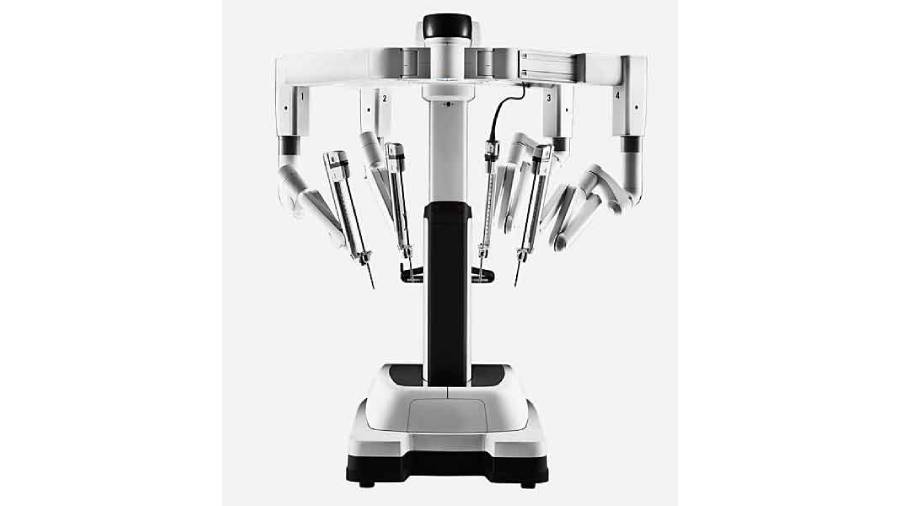It may not be long in the future before robots conceptualised and developed in India can assemble a smartphone or a car by putting together thousands of parts of varied shapes and weights or even provide driving assists.
CynLr (short for Cybernetics Laboratories), a Bangalore-based robotics deep tech start-up, which raised $4.5 million in pre-series A funding last year, plans to utilise its technology proof to provide automation solutions to manufacturing and logistics companies with its universal machine vision-based robot platform.
The company, which announced a 13,000 sqft research hub in Bangalore on Saturday, plans to scale up its operations overseas and expand its teams as it looks at developing more use cases across sectors.
“From cellphones to spectacles to white goods and cars all of them have multiple parts that are being put together predominantly using manual labour today. We have at the same time grown leaps and bounds in robotics, AI and the sensor side of things. Yet the simple task of picking up a bolt from a bin and placing them in a screw hole is something that robots cannot do today. Cognition to help robots handle such nimble tasks can fundamentally disrupt how we manufacture and make factories more adaptable and universal,” Gokul N.A, founder of design, product, and brand told The Telegraph.
“The Cybernetics Hive research hub can accommodate 16 robot research zones for 25 robots, more than 50 engineers, and a futuristic electronics, camera and vision studio for new product research and development. It can house the country’s largest density of visual robots,” said Nikhil Ramaswamy, co-founder and CEO of CynLR. He said the centre will help co-create application use cases and solutions based on the technology platform developed by the start-up.
The research hub was inaugurated by M.M Murugappan, former chairman of the board of Murugappa Group. Officials from Ford, General Motors, Aptiv (Delphi), Intel, Ace Micromatic group, SKF, Kuka, Fanuc, and ABB were also part of the launch of the research hub.
Future plans
The company plans to open offices in the US and Europe where a large part of its pilot customers are coming. Over the next three years, the company plans to diversify adding more divisions to provide holistic solutions to its customers and looking at scaling up its engineers, manufacturing base and customers. The start-up is also planning technology partnerships and inorganic growth.










